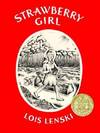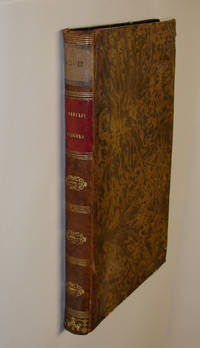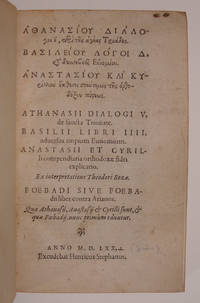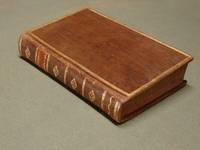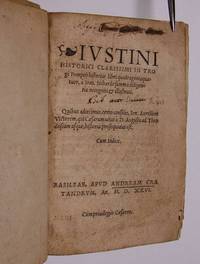
Iustini Historici Clarissimi In Trogi Pompeii historias libri quadragintaquatuor, a Ioan. Sichardo summa diligentia recogniti & illustrati. Quibus adiecimus, certo consilio, Sex. Aurelium Victorem, qui Caesarum vitas a D. Augusto ad Theodosium usque, historia prosequutus est. Cum indice.
by JUSTINUS
- Used
- Hardcover
- Condition
- See description
- Seller
-
AMSTERDAM, Netherlands
Payment Methods Accepted
About This Item
Reviews
(Log in or Create an Account first!)
Details
- Bookseller
- Antiquariaat Fragmenta Selecta
(NL)
- Bookseller's Inventory #
- 120090
- Title
- Iustini Historici Clarissimi In Trogi Pompeii historias libri quadragintaquatuor, a Ioan. Sichardo summa diligentia recogniti & illustrati. Quibus adiecimus, certo consilio, Sex. Aurelium Victorem, qui Caesarum vitas a D. Augusto ad Theodosium usque, historia prosequutus est. Cum indice.
- Author
- JUSTINUS
- Book Condition
- Used
- Binding
- Hardcover
- Keywords
- (Oude Druk) (Rare Books) Greek history Justin Justinus Latin literature Macedonia Macedonian history Pompeius Trogus Roman history Swiss imprints alte Geschichte ancient history antike altertum antiquity griechische Geschichte römische Geschichte
- Bookseller catalogs
- Old and Rare books;
Terms of Sale
Antiquariaat Fragmenta Selecta
Books may be returned for any reason within 14 days of receipt. The book price will be refunded, if the book is returned in the same condition as sent, and packed, shipped and insured as received. A full refund including shipping costs will follow only if an item arrives misdescribed or damaged. Shipping estimates are based on books weighing 4.4 LB or 2 KG. If your book order is heavy or oversized, we will email you to let you know that extra shipping is required. All books are in good antiquarian condition, unless otherwise described. Items offered are subject to prior sale.
About the Seller
Antiquariaat Fragmenta Selecta
About Antiquariaat Fragmenta Selecta
Glossary
Some terminology that may be used in this description includes:
- Vellum
- Vellum is a sheet of specialty prepared skin of lamb, calf, or goat kid used for binding a book or for printing and writing. ...
- Errata
- Errata: aka Errata Slip A piece of paper either laid in to the book correcting errors found in the printed text after being...
- A.N.
- The book is pristine and free of any defects, in the same condition as ...
This Book’s Categories
Also Recommended
-

Save 10% on every purchase!
Join the Bibliophiles’ Club and start saving 10% on every book.
$29.95 / Year




